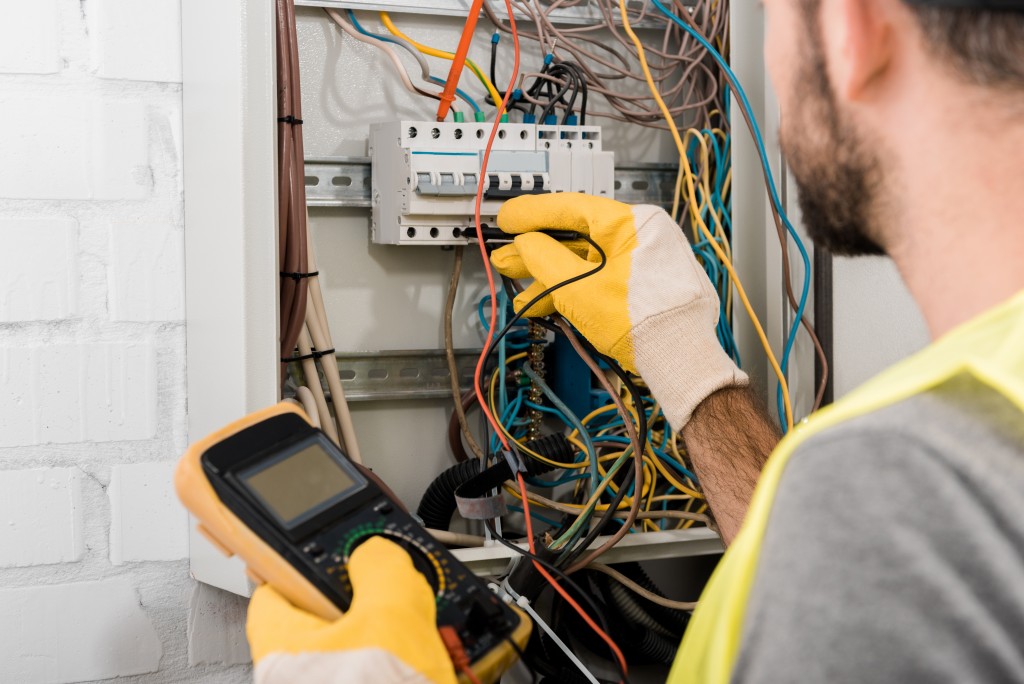If you’re aboard a huge metal vessel with electricity running through almost every wall and floor while in the middle of a vast ocean, there’s bound to be some concerns about electrical safety. Electrical shock is one of the most common causes of work-related injuries and fatalities in the maritime industry. That said, it is a must for all workers on a ship to understand and practice electrical safety.
Here are some of the most crucial safety precautions every ship owner and seafarer should know:
1. Inspect cables regularly
Durable electrical cables like H07RN-F insulated cables can only do so much in a harsh environment, such as in a ship in the middle of the sea. When wire cables become too damaged and frayed, they become more likely to start electrical fires or cause an electrical shock to anyone who comes in contact. For this reason, all cables must be inspected regularly for signs of damage in order to repair or replace them before they can cause harm.
2. Train staff properly
For ship workers who are not going to handle electrical duties directly, it is still crucial for them to know the basics of electrical safety and what to do in case of an emergency. Similarly, ship owners should make sure that all of their electricians on board have adequate training and experience. Untrained or unqualified workers may cause a catastrophic electrical accident that will not only harm them but also others within the vicinity.
3. Look for improperly installed cables and outlets
Check for cables or outlets that have been poorly installed, most especially for older vessels. Remove any wires that are getting pinched between hatches and doors and make sure there are not outlets in potentially dangerous areas (e.g. near a splash zone). At the same time, check if there is loose wiring in any electrical fixtures, especially in lighting fixtures situated in critical areas of the ship.
4. Provide and enforce proper safety gear

Personnel must wear protective gear when working with or near electricity sources (e.g. power cables, equipment, devices). Make sure your workers have protective clothing, gloves, knee pads, protective eyewear, and safety shoes to reduce the risk of electrical shock.
5. Properly ground equipment
If the metal components of an electrical system are not properly grounded to the earth, it can cause electrical shock or fire. Minimize these hazards by training your personnel on how to properly ground tools and equipment every time they use it.
6. Communicate
Communication is also a significant key to maintaining safety. When working with other people, make sure everyone knows what to do and the hazards they should watch out for.
7. Put up notices
Whenever there is ongoing work, put up enough notices to alert other people of the potential hazard.
Experiencing an electrical accident is a hundred times more dangerous on a ship since there is only limited medical attention that you can receive. Therefore, to keep yourself safe from any and all electrical hazards that are present on a ship, keep these tips in mind every time you go onboard.





